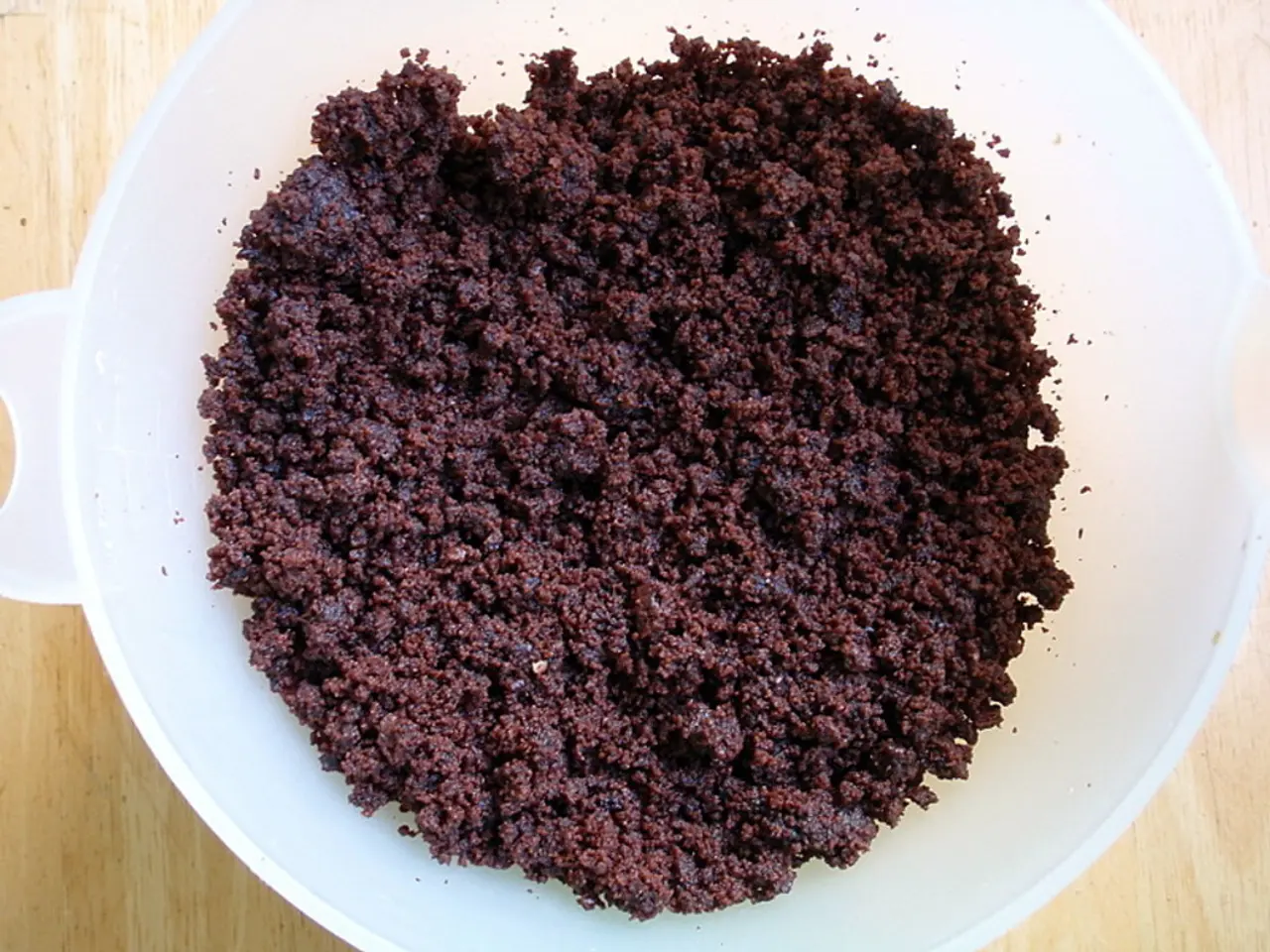Childhood Ulcerative Colitis: Symptoms, Causes, and Remedies
In the world of pediatric health, Ulcerative Colitis (UC) is a chronic inflammatory bowel disease that can affect children, particularly those between the ages of 13 and 17. While the disease can also occur in younger children, it is more common in adolescence.
The common symptoms of UC in children include frequent bloody diarrhea, rectal bleeding, abdominal pain, appetite loss, unexplained weight loss, fatigue, anemia, joint pain, eye inflammation, skin lesions, and a range of other complications such as osteoporosis, kidney stones, rash, and liver disorders.
Healthcare professionals refer to inflammation in various parts of the colon by different names. For instance, ulcerative proctitis affects the rectum, distal colitis affects the left side of the colon, and pancolitis affects the entire colon.
Treatment for pediatric UC can vary, depending on the severity of the condition. It may include medication, dietary and nutritional support, and in some cases, surgery. A doctor may recommend anti-inflammatory drugs such as steroids, immune system suppressants, antiulcer/H2 blockers, antibiotics for complications, and antidiarrheal medications.
In most cases, surgery is not necessary. However, in some cases, surgery may be required to remove the affected part of the colon or to create an ileostomy or colostomy. Common surgical procedures for pediatric UC include proctocolectomy with ileostomy and ileoanal anastomosis.
A dietitian may recommend avoiding processed meats, fried foods, white bread, sugar-sweetened drinks, and refined carbohydrates. Certain factors, such as a family history of UC, taking nonsteroidal anti-inflammatory drugs (NSAIDs), and a diet high in refined foods and fat, may increase the risk of UC or worsen existing symptoms.
To reach an accurate diagnosis, a doctor may ask questions about the child's symptoms, perform a physical examination, and take a full medical history. They may then order various tests such as stool samples, colonoscopy, upper endoscopy, biopsy of the affected tissue, and imaging tests such as X-ray, CT enterography, or MRI enterography.
It's important to note that the exact cause of UC is unclear, so it may not be possible to prevent the condition. However, understanding its symptoms, diagnosis, and treatment can help in managing the disease and improving the quality of life for children affected by UC.
A 2019 study found that children with UC might have an increased risk of death compared with the general population, but people with UC typically have the same life expectancy as people without the condition. This underscores the importance of proper management and treatment for pediatric UC.
References:
- Onset up to 17 years, immune-mediated disease in children[1][2].
- Median age 15.7 years reported in pediatric acute severe UC cohort, range 5.7–17.9 years[5].
- General age incidence peaks at 15–35 years[3][4].
- Ulcerative Colitis (UC), a chronic inflammatory bowel disease, can affect children, mainly those between 13 and 17 years old.
- UC symptoms in children might include frequent bloody diarrhea, rectal bleeding, abdominal pain, appetite loss, unexplained weight loss, fatigue, anemia, joint pain, eye inflammation, skin lesions, and other complications.
- Healthcare professionals differentiate inflammation in various parts of the colon with names like ulcerative proctitis, distal colitis, and pancolitis.
- Treatment for pediatric UC varies depending on the condition's severity and might consist of medication, dietary and nutritional support, and in some cases, surgery.
- Anti-inflammatory drugs like steroids, immune system suppressants, antiulcer/H2 blockers, antibiotics for complications, and antidiarrheal medications may be recommended.
- In severe cases, surgery may be necessary to remove the affected part of the colon or create an ileostomy or colostomy.
- A dietitian may suggest avoiding processed meats, fried foods, white bread, sugar-sweetened drinks, and refined carbohydrates.
- Factors such as a family history of UC, taking nonsteroidal anti-inflammatory drugs (NSAIDs), and a diet high in refined foods and fat might increase the risk of UC or worsen existing symptoms.
- To reach an accurate diagnosis, a doctor may ask about the child's symptoms, perform a physical examination, and take a full medical history before ordering tests like stool samples, colonoscopy, upper endoscopy, biopsy, and imaging tests.
- The exact cause of UC is unclear, so it may not be possible to prevent the condition.
- Proper management and treatment for pediatric UC are crucial for improving the quality of life for children affected by UC.
- A 2019 study found children with UC might have an increased risk of death compared to the general population, but people with UC typically have the same life expectancy as those without the condition.
- Inflammatory bowel diseases like UC are classified as chronic diseases and fall under science fields such as medical-conditions, chronic-diseases, and digestive-health.
- With advancements in science and medical therapies and treatments, the medical community continues to research treatments for ailments like UC, autoimmune disorders, mental-health, skin-care, and other chronic diseases.
- Maintaining overall health-and-wellness through fitness-and-exercise, proper nutrition, and addressing conditions like cardiovascular-health, respiratory-conditions, neurological-disorders, and skin-conditions is essential for leading a healthy life.




